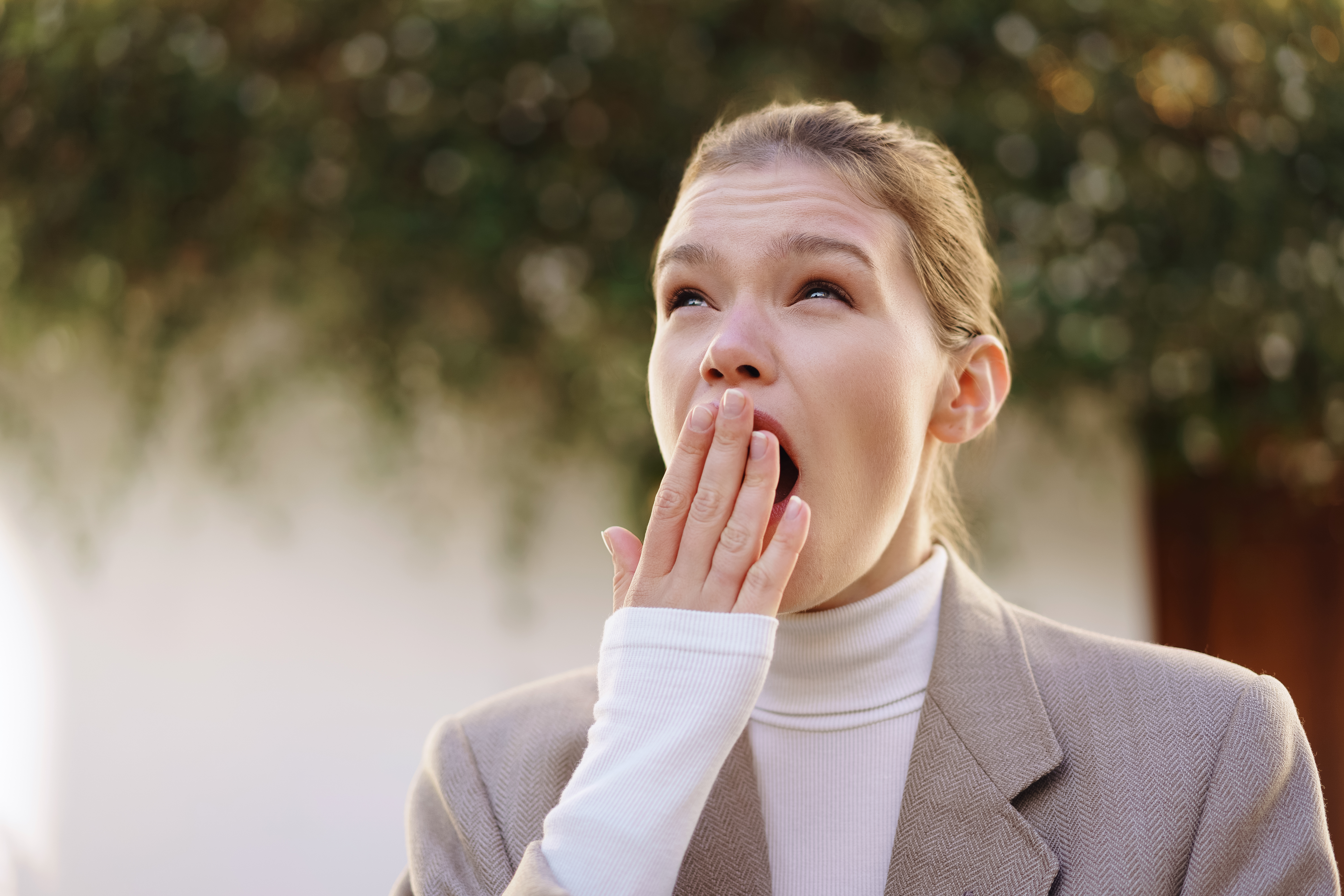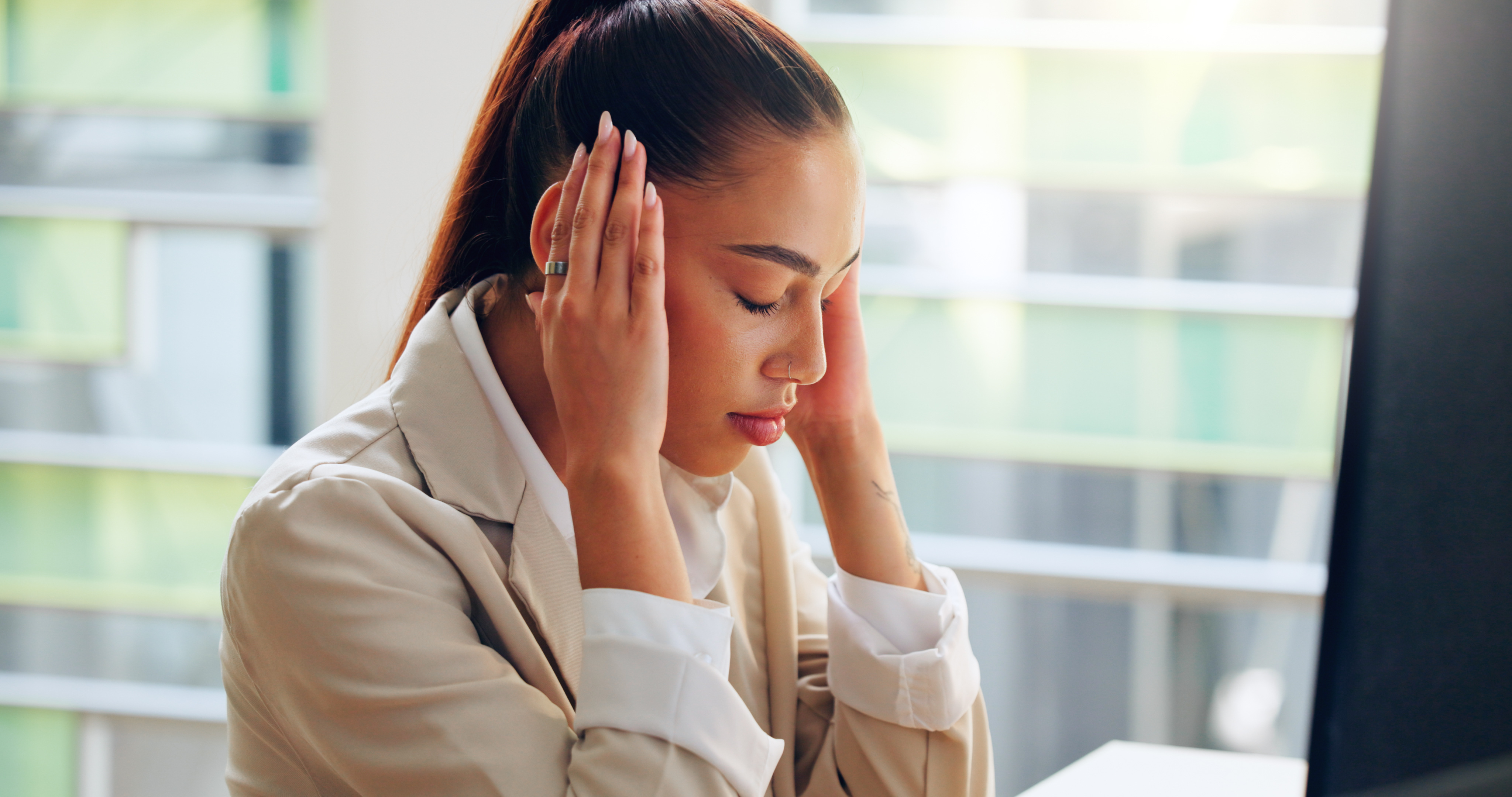Hidden Signs of Dehydration That Aren't Just Thirst
In a world of endless coffee refills, air conditioning, and long screen hours, most of us walk around mildly dehydrated without even realizing it. We chalk up our exhaustion or irritability to stress, not realizing a simple glass of water could be the fix. Hydration is foundational—not just for physical performance, but for mental clarity, digestion, and emotional balance too. That’s why we’ve expanded our guide — a smarter, more complete way to decode your body’s quiet cues. These signs are subtle, but once you spot them, you can stop the spiral before it starts. Let’s dive in.
1. Fatigue – The Silent Thief of Energy

Fatigue is a common complaint in today's society, often attributed to stress, lack of sleep, or poor nutrition. However, dehydration is a frequently overlooked cause of persistent tiredness. When the body lacks sufficient water, blood volume decreases, leading to reduced efficiency in transporting oxygen and nutrients to cells. This results in a sluggish feeling, as the body struggles to perform its functions optimally. Furthermore, dehydration can impair the production of energy at the cellular level, exacerbating feelings of exhaustion. By recognizing fatigue as a potential sign of dehydration, individuals can take proactive steps to increase their water intake and restore their energy levels.
2. Headaches – The Unseen Connection

Headaches are another common ailment that can be linked to dehydration. When the body is dehydrated, the brain can temporarily shrink from fluid loss, causing it to pull away from the skull and trigger pain receptors. Additionally, dehydration can lead to reduced blood flow and oxygen delivery to the brain, further contributing to headache development. Many people reach for painkillers at the first sign of a headache, but rehydrating with water or electrolyte-rich fluids may offer a more natural and effective solution. Understanding the connection between hydration and headaches can help individuals make more informed choices about their health.
